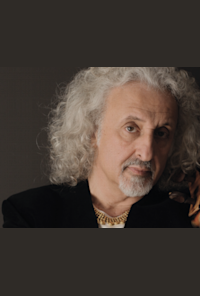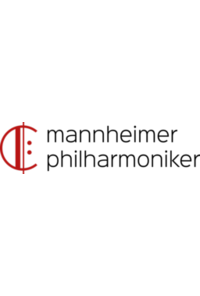The first concert evening in 2023 is in E flat major. The Mannheim Philharmonic is very pleased to welcome Mischa Maisky, one of the most important cellists of all time, to the Rosengarten for their first orchestral concert of the new year, where he has often shone as a soloist with the cello concertos by Schumann and Dvořák, and has given him a long musical friendship with the Mannheim Philharmonic.
Now he will perform Dmitri Shostakovich's Cello Concerto No. 1 in E flat major, Op. 107, a work with which he is celebrated worldwide as the undisputed reference interpreter. The high opus number reveals that the composer waited a long time to write a concerto for cello and orchestra for his friend Mstislav Rostropovich, who later became one of Mischa Maisky's two great teachers alongside Grigori Piatigorsky. The work was not composed until after the death of Joseph Stalin, under whose cultural policy the composer was subjected to severe repression. It has autobiographical traits in that the main motif consists of the tones D-Eb-CH, a sonorous translation of Shostakovich's initials. Although the cello and orchestra often appear in opposition throughout the piece,
With his Symphony No. 3 in E-flat major, Op. 55, Ludwig van Beethoven created a milestone in the symphonic genre, in which the composer took the virtuoso handling of his themes and motifs to unprecedented heights. With the second movement in the form of a funeral march, he created one of his most moving pieces, which builds to a gripping climax. In the finale, which is designed as a variation movement and follows the fast-paced scherzo, Beethoven takes up a melodic idea from his ballet The Creatures of Prometheus. Is this a reference to Napoleon Bonaparte, the original dedicatee of this important work?



